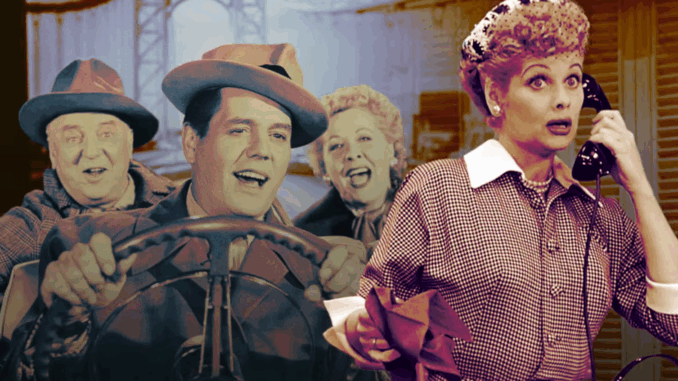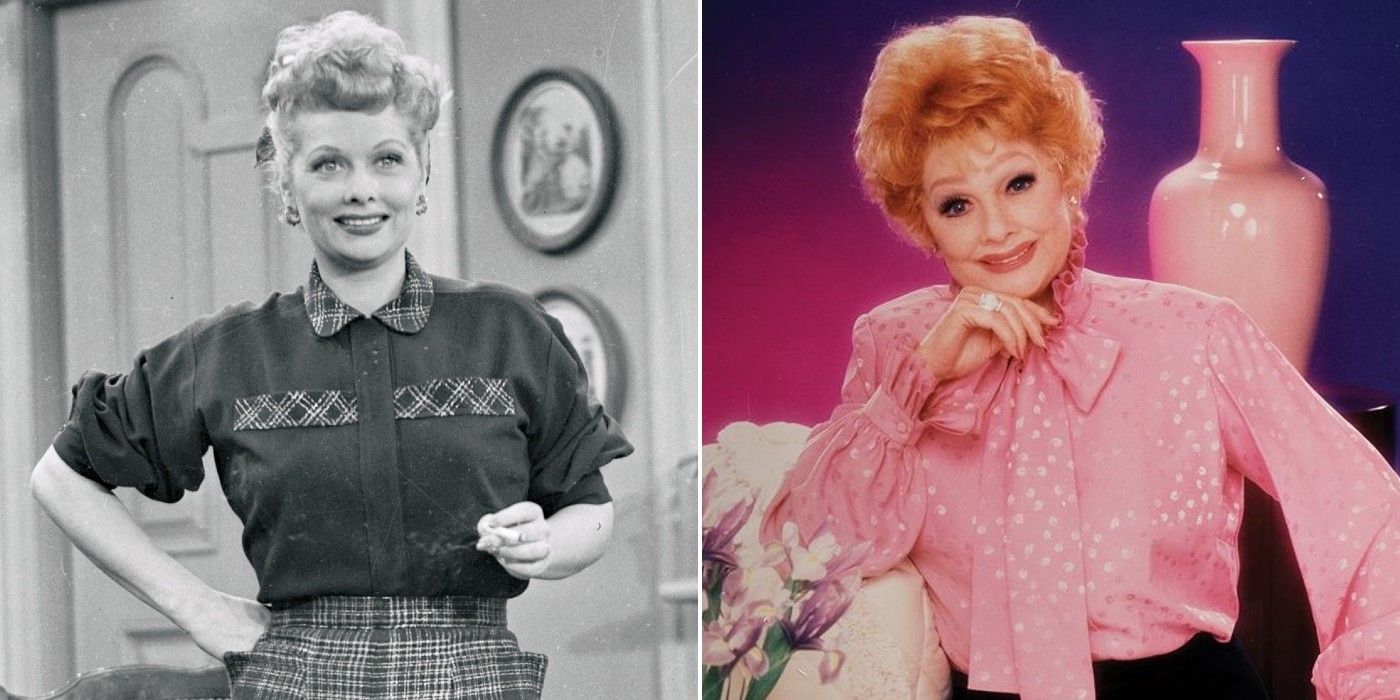
Picture this: I Love Lucy doesn’t premiere in 1951. It drops today. A brand-new show hits Netflix, TikTok explodes with clips, and Lucy Ricardo becomes the internet’s new obsession… or does she?
Would she trend? Would she survive the discourse cycle? Or would she be torn apart by Twitter/X threads and Reddit thinkpieces?
Lucy Ricardo: Comedy Queen or Unstable Wife?
On one hand, Lucy is a comedic genius. She stages elaborate stunts. She lies to her husband. She impersonates celebrities. She chases fame. In today’s language, that might sound like: emotionally manipulative, attention-seeking, codependent.
Would we call her a “problematic wife”? Would thinkpieces accuse her of gaslighting Ricky?
But here’s the truth: Lucy was never the villain. She was the prototype. Before we had Fleabag, Moira Rose, or Rebecca Bunch (from Crazy Ex-Girlfriend), we had Lucy — loud, messy, unapologetically herself. She broke every 1950s rule about what a woman should be. She was desperate to be more than a housewife, and the show let her try.
In 2025, she might be divisive. But she’d also be a cult icon — GIF’d, memed, quoted. Maybe she’d even have a podcast.
Ricky Ricardo: Cancelled?
Now let’s talk Ricky. Cuban immigrant. Traditional husband. Tells Lucy “no” a lot. Spanks her once or twice. Calls her “crazy” more than once.
The backlash would be immediate.
There would be essays about microaggressions, conversations about emotional control, and TikToks analyzing power dynamics in their marriage. But then a second wave would emerge: appreciation for Ricky’s immigrant story, his resilience, his groundbreaking role as a Latino man on mainstream American TV.
Today, Ricky Ricardo might be two things at once: a problematic husband and an underrated pioneer. And maybe that’s okay.
Would the Show Even Get Greenlit?

A show about a zany white woman married to a Cuban bandleader, filmed in black-and-white, full of slapstick and no political agenda? In 2025, executives might pass. Not edgy enough. Not diverse enough. Not “cool” enough.
But then again — maybe someone like Quinta Brunson or Natasha Lyonne would pick it up and reinvent it. Imagine I Love Lucy reimagined as a limited series by A24. Lucy smokes. Ricky has PTSD from immigration. There’s jazz. There’s trauma. There’s an Emmy.
The Verdict
If I Love Lucy debuted today, it might not dominate network television like it did in the 1950s. But it would explode in niche internet communities. It would spawn academic discourse and chaotic meme accounts. Lucy would be an Instagram chaotic good feminist icon. Ricky would be a controversial #HotTake figure.
And one thing would remain unchanged: the comedy would still slap.
Because comedy — real, physical, fearless comedy — is timeless.